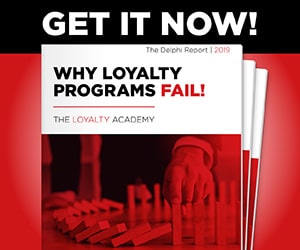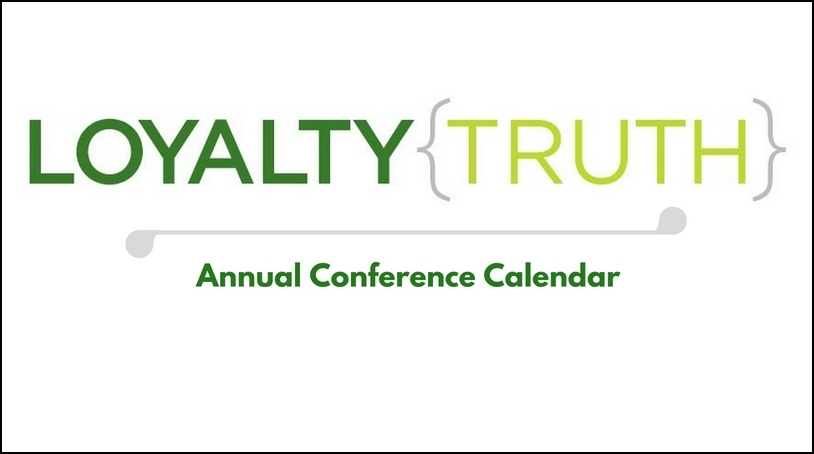Not only are the airlines missing a significant opportunity to engage their best customers based on data they already possess, they are eroding their value proposition by adding fees to multiple aspects of the in-flight experience as well as their frequent flyer programs.
In a WSJ “Middle Seat” column dated 2/3/09, I was reminded of the airline’s proclivity to invoke the Loyalty Asterisk™. Did you know that the standard “Contract of Carriage” used by United Airlines is the equivalent of 49 pages and that Delta’s “General Rules Tariff” is a bloated 58 pages? These are the documents which govern fares, refunds, baggage handling, and virtually all other rules which travelers must live by. One can only imagine that the airline’s lawyers must view their customers as such an evil lot that they devised these heavy tomes to protect the business.
In reality, these documents do not include all the rules governing flight as employee manuals and directives go further to dictate how specific complaints and situations should be handled.
In effect, the airlines hold all the cards in resolving any customer dispute and, like any benevolent dictator, it is incumbent on the airlines to exercise delicate judgment in rules enforcement.
The airlines which hope to emerge from this current economic cycle with their image and brand in tact should carefully reevaluate their approach to nit-picking fees related to checked baggage and potato chips. They might also take caution while they deflate the value of their loyalty marketing (frequent flyer) programs.
Airline industry profitability will be found in more meaningful budgetary line items ranging from union contracts to equipment cost and fuel management. Most flyers would rather keep the relationship simple. If fares have to rise a bit, so be it. But let there be one charge for the flight, provide high quality service, and reward flyers for their patronage.
Anything less will compel flyers to think only of price, price, price and loyalty to the livery will be a thing of the past.
 Previous Article
Previous Article



